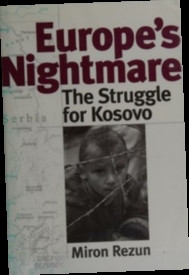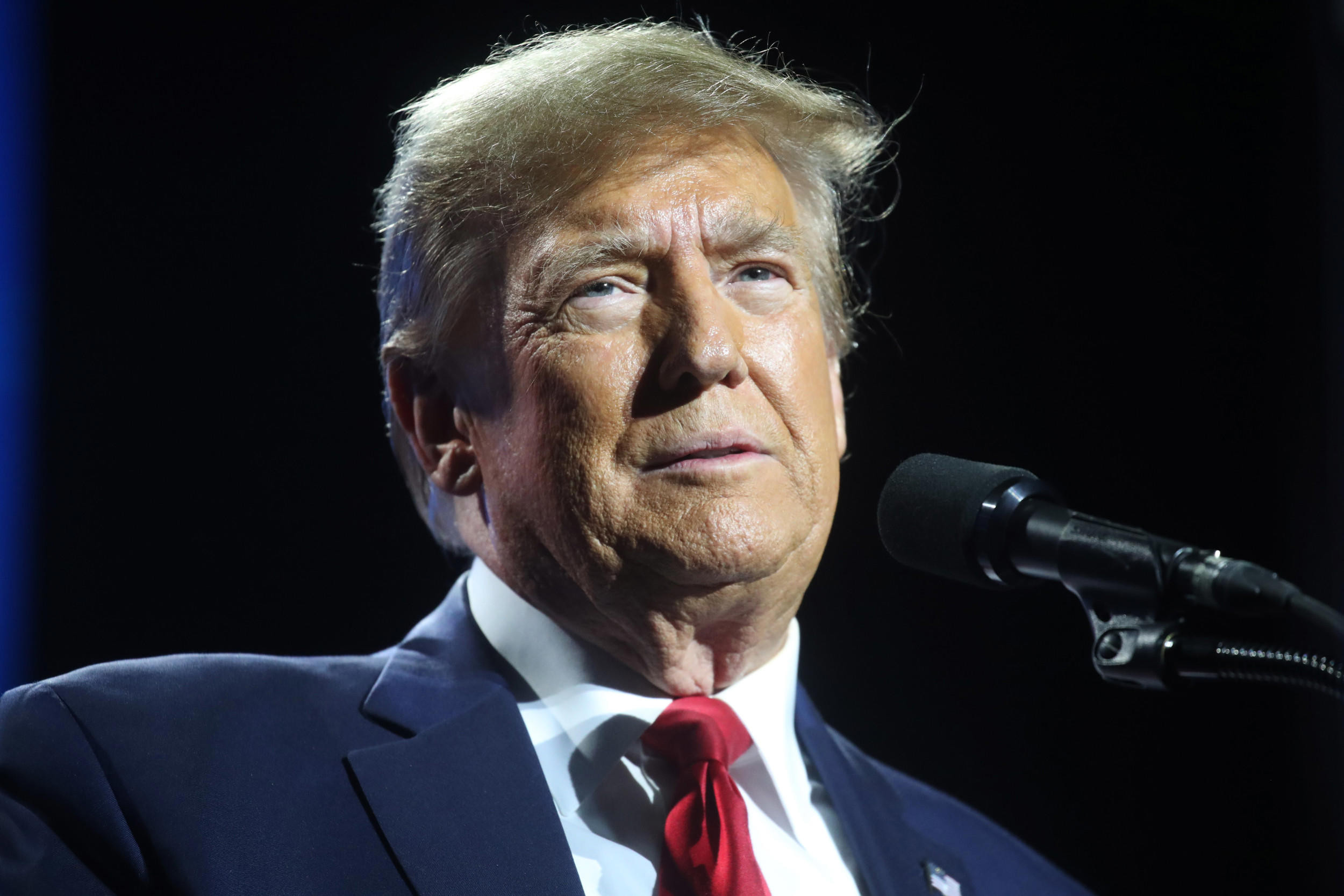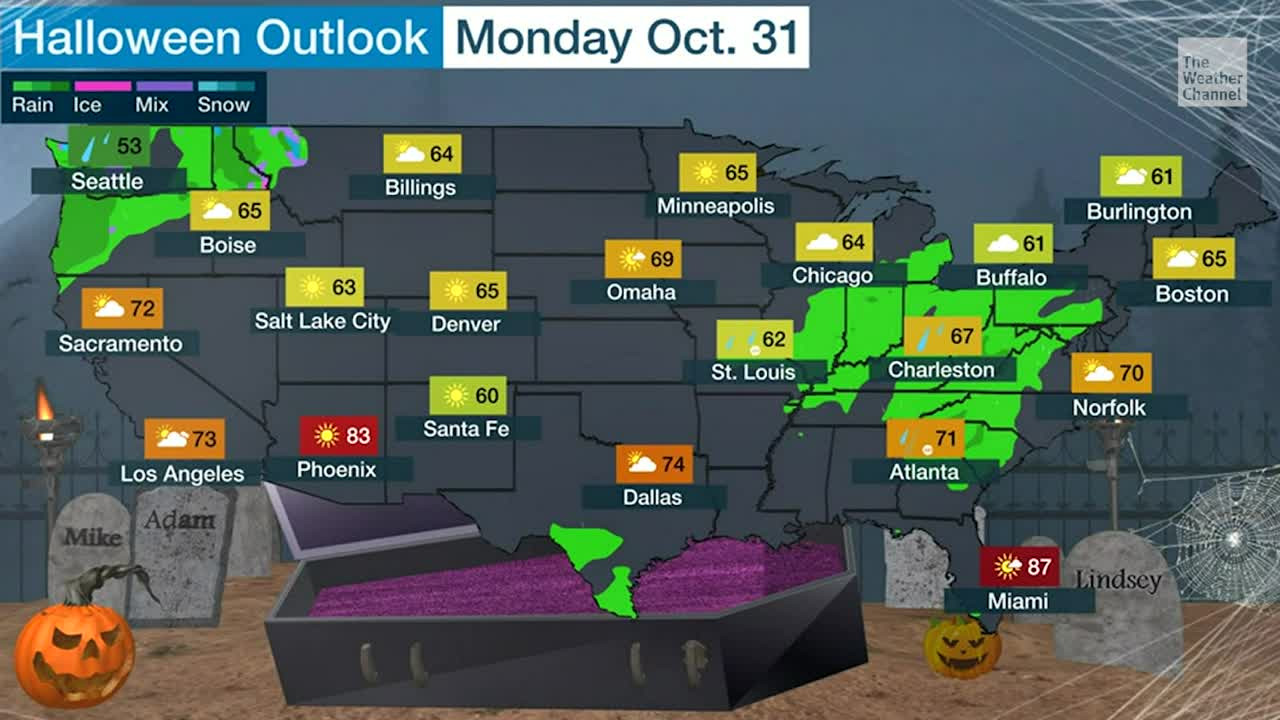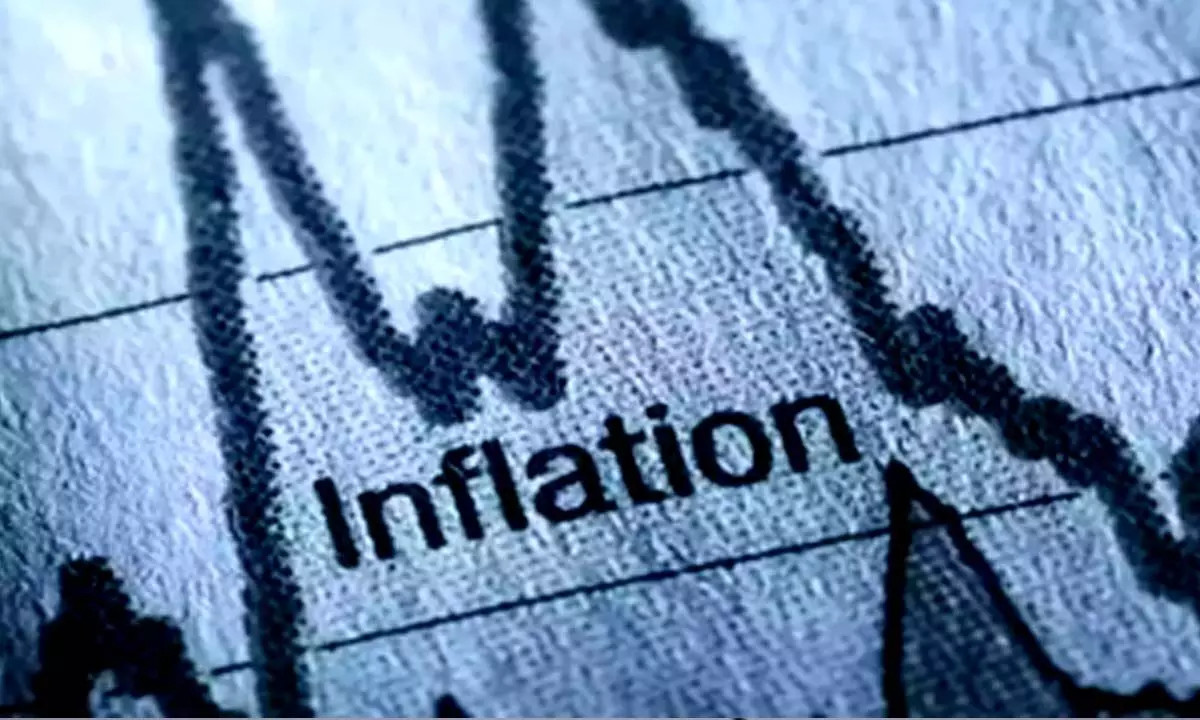A specter haunts Europe. No matter who wins the White House, Europeans should know that Washington is drawing up scenarios for pulling out. They’re not pretty.
A sad trend in world affairs, and one that is personal for me, is the growing rift in the Atlantic. I’m not talking about the geological one under the water (which widens by more than an inch per year) but about the geopolitical fault between the United States and Europe. As a dual citizen of the US and Germany, I’ve taken the trans-Atlantic bond for granted throughout my life. But it will loosen, if not snap.
These two tectonic plates of geopolitics have long been moving in opposite directions. Several European NATO members have for decades skimped on defense spending, free-riding on US military might and first frustrating, then enraging American taxpayers and policymakers. Even if some now spend more on their armies, the change may be too little, too late.
Washington, meanwhile, has been drifting from its strategic and visceral trans-Atlanticism during the Cold War. Presidents since Barack Obama have tried, and so far failed, to “pivot” from Europe and the Middle East to the Indo-Pacific, where they see more important and dangerous fault lines and sense tremors all around China.
Gone is that brief unipolar moment when America was a hyperpower and could pretend to police all regions of the world. In today’s context of permanent budget crises (another is coming up) and ever more crushing debt, Washington will have to make choices.
Those will differ depending on the next president. In his first term, Donald Trump, who likes to snub America’s allies and schmooze its adversaries, threatened to yank US troops out of Germany and to withdraw from NATO altogether. In a second term, he may do that, or simply, as one think tank close to him suggests, declare the alliance “dormant.”
Kamala Harris, by contrast, would reaffirm America’s traditional commitments, as her lame-duck boss has done. But unlike Joe Biden, she is of a generation that feels the trans-Atlantic bond in its head more than in its viscera. Moreover, Harris is surrounded by advisers and think tanks — the notorious Washington “blob” — who have distanced themselves from the postwar credo of hegemonic internationalism. The choice today is between a brute MAGA isolationism or a subtler retrenchment called “restraint.”
To consider all this, I sat down with Emma Ashford, a strategist in a team of “anti-group-think ninjas” (their term) at the Stimson Center in Washington. She’s been studying scenarios of American retrenchment and their effect on Europe. Some are merely worrisome, others hair-raising.
American Retrenchment: A Spectrum of Scenarios
The scenarios vary along two parameters. First, is the American retrenchment sudden and fast or gradual and slow? Second, is it intentional or unintentional — that is, taken by choice or forced by some emergency? (The threat to Europe is assumed to be the same: an aggressive and irredentist Russia.)
Sudden and Intentional Retrenchment: The Trump Exit
A Trump exit would be deliberate and discretionary, and swift. By contrast, Harris would rhetorically recommit to Europe. But like Trump, she could still be forced to retrench from the continent by contingencies.
Gradual and Unintentional Retrenchment: Fiscal Crisis or War in Asia
That could happen fast: if, for example, China invades Taiwan, major war breaks out in Asia and the US needs to move soldiers, guns, ammo, ships, planes and all the rest to the Pacific overnight. Or slow: The US could have a fiscal crisis, forcing Washington to save on its troops overseas; with Asia remaining the priority, the cuts would hit Europe and gradually “hollow out” NATO.
The Consequences for Europe
An intentional and fast Trump pullout would be terrible for Europe. Because the details would be up to the president, northern and eastern countries such as Poland, which feel most threatened by Russia and already spend a lot on their armies, would try to flatter him into bilateral security pacts (Ashford imagines offers to pay for a “Fort Trump” in Poland, say).
This bargaining by some but not others would compromise the remnants of NATO and the European Union. Already fractious, these continental institutions would unravel into a patchwork of mini-alliances and medium-sized armies, each deficient in its own way and lacking coordination with the others. Champagne bottles would pop in the Kremlin.
A slow hollowing out of the trans-Atlantic alliance caused by an American fiscal crisis (or something similar) wouldn’t be fun either. The Europeans would continue to gab (as they have been gabbing since the 1950s) about a “European army,” and drape more summitry around their “common security and defense policy,” which already exists on paper. But nothing would come of it, because the crisis is too slow, and every country perceives different threats. Portugal in the southwest isn’t all that scared of the Kremlin, while Estonia in the northeast is scared of little else.
The large countries, such as Germany, wouldn’t be ready to sacrifice their bloated welfare systems for military preparedness. The French (and the Brits outside the EU) would talk tough, but won’t extend their own (and small) nuclear umbrellas over their European allies. The Kremlin would enjoy this show and bide its time, a bit as Napoleon once watched the Holy Roman Empire disintegrate before dissolving it.
An unintentional but sharp rupture, such as war between the US and China in Asia, would be different. For the world, this turn of events would be disastrous, especially since China, Russia, North Korea and Iran increasingly behave like an “axis” and might coordinate. But because there’d be no point bargaining with the American president, the Europeans would grasp at once that they can float together or sink separately.
A coerced and sudden American pivot could in that way become Europe’s belated Zeitenwende, or “turning point.” With the Americans off to Asia, the Europeans would have to take the initiative in Brussels, in the EU as well as the headquarters of NATO. They’d share intelligence, weapons systems and even command and control, all to defend their shared continent. Europe would be, as the cliché goes, “forged in crisis.”
A Wake-Up Call for Europe: The Need for Unity
All this makes you wonder why the Europeans don’t opt for a less apocalyptic scenario and get their act together without the world first going up in flames. (If you have a good answer, you deserve the Charlemagne Prize.) At minimum, the old world must finally understand what the Americans are talking about on the other side of the Atlantic, where The question of a break-up isn’t whether, but when and how.
With the US election just two months away, European decision-makers have gone from grappling with Trumpian nightmare scenarios—new trade wars, abandoning Ukraine and withdrawing from NATO—to experiencing an emotion they had almost forgotten: hope.
Vice President Kamala Harris’s ascent to the top of the Democratic ticket has eliminated Donald Trump’s polling lead and allowed Europeans to contemplate alternatives to their worst-case scenario. Yet, even if Harris wins, it would be foolish to expect complete continuity with Joe Biden’s administration. Europe remains unprepared for what’s coming.
While Trump and JD Vance’s talk of ending US support for Ukraine has set off alarms in European capitals, a Harris administration’s Ukraine strategy would probably depart from the status quo, too. As the war grinds on, US officials have lost confidence that Ukraine will capture and hold enough ground to break the current deadlock. Despite the Ukrainians’ offensive into Russia’s Kursk region, they are still losing ground in Donetsk. Recovering the territory they have lost since February 2022 becomes more unlikely by the day.
Thus, a Harris administration would have to look for ways to strengthen Ukraine’s hand in the short term in order to pivot toward a settlement. Knowing better than anyone that their situation is bleak, the Ukrainians have been looking for a way out of the stalemate. Though they have launched their Kursk gambit, Ukrainian President Volodymyr Zelensky said in July that he wants the ‘hot stage’ of the war to end this year. Privately, Ukrainian leaders may be hoping that the United States will push them to the negotiating table, as that would provide the political cover they need to change course. Such discussions are already well underway in Washington.
This might come as a shock to those Europeans, including the next high representative for foreign affairs for the European Union, who still talk about supporting Ukraine for ‘as long as it takes’, and whose rhetoric has hardly changed since 24 February 2022. Whatever happens, the challenge for Europeans is to ensure that the war does not result in a ‘peace’ on Russian terms: a demilitarised Ukraine that is forced to abandon its aspirations to join NATO and the European Union.
The Challenges Ahead: Trade and Security
Trade policy will be another major issue. Trump is promising a blanket 10 percent tariff on all imports, and new tariffs of 60 percent or more on all goods from China—in addition to all the restrictions already introduced by the Biden administration. Faced with US tariffs and pressure from the Trump administration to apply its own tariffs on Chinese goods, Europe would find itself in an extremely difficult position.
But, again, there is no reason to expect that Harris would have a significantly softer China policy than Biden—whose approach has been much tougher than Trump’s was while in office. The anti-China consensus in the US is solid, and in her few public statements on the matter, Harris has voiced strong support for Taiwan and complained about China dumping ‘substandard products into our economy’. While her running mate, Tim Walz, has visited China many times, he has done so largely as an advocate of human rights.
Unlike Trump, Harris has been vocal in her support for America’s network of alliances. But this commitment might make her expect more from US allies. Moreover, since she is no dyed-in-the-wool Atlanticist like Biden, the broader trend of US foreign policy shifting away from Europe and toward Asia would persist. When Europeans talk about investing more in defence, they should ask themselves whether they are merely trying to placate Trump, or whether they are genuinely serious about providing for their own long-term security.
Much of the task of envisioning what a Trump or a Harris presidency would mean for Europe will fall on the new European Commission. It will have to start preparing Europeans so that they do not panic if their biggest fears regarding Ukraine or China are realised. Failure to do so will increase the likelihood of a disjointed response, with smaller member states possibly peeling off to pursue bilateral deals with the US. It will be up to the bigger countries to calm their smaller counterparts, especially in eastern Europe.
The Way Forward: A New Transatlantic Partnership
To that end, recasting relations with Britain could be a game-changer. If the EU and Britain can work in lockstep on geoeconomic issues, they will have more policy leeway and clout vis-a-vis the US and China. Although Britain cannot replace the US, its reintegration into European defence and technology frameworks could significantly bolster the continent’s strategic position. British prime minister Keir Starmer’s new government has already embarked on an enhanced security and defence partnership with Germany. Similar deals with likeminded members could follow, culminating in a pact with the EU as a whole.
Poland and the Baltic and Nordic countries will likely take the lead in pursuing this outcome, but French president Emmanuel Macron may emerge as the key swing vote. Will he embrace a geopolitical vision of bringing Britain into the European fold on defence, technology and climate issues? Or will he channel Charles de Gaulle by sidelining Britain, thus weakening the EU in the process? One thing is clear: whether the next US president is Trump or Harris, Europeans must start planning for a change.


















